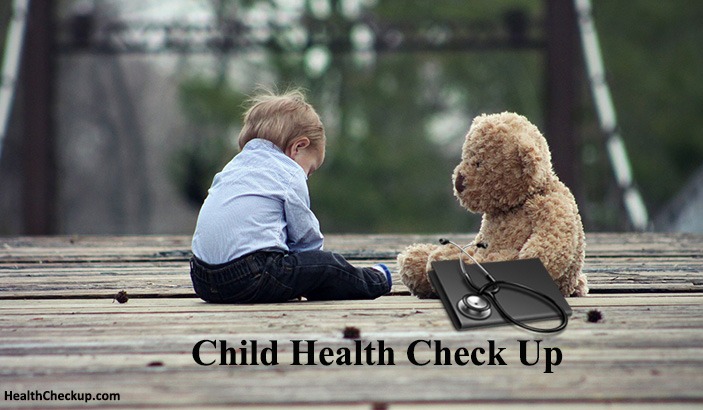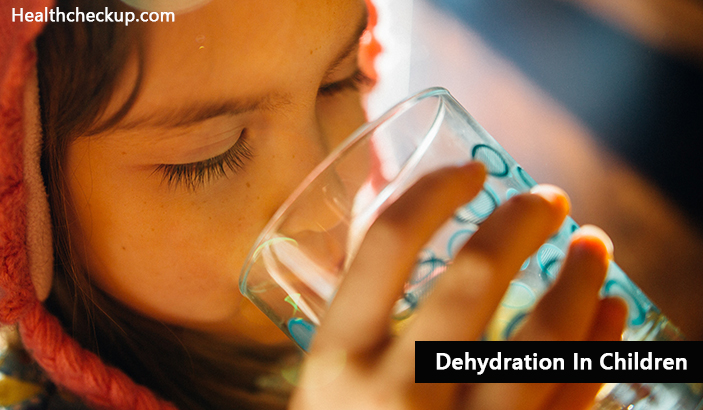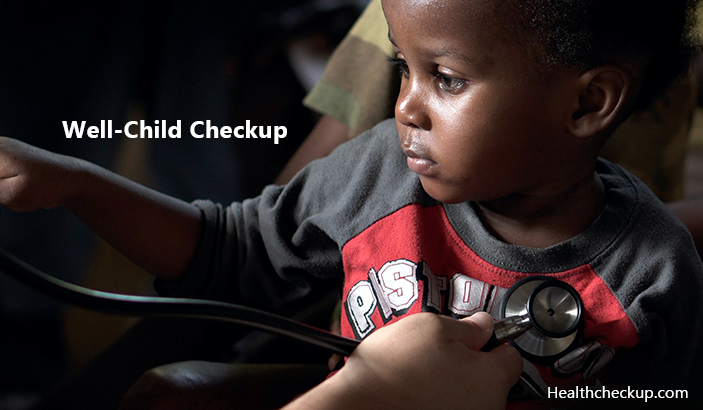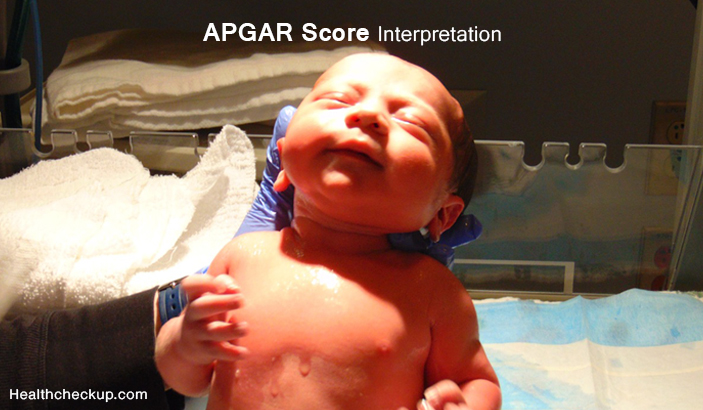For most families organizing a child health check up for their child is extremely important. Child health check up’s are important in order to ensure that our children gets all the expert care and attention they deserve as they are growing up. Organizing a child checkup or child health check (if you have more than 1 child) is no longer as difficult as it may have been at one point in time. We will provide you some useful information regarding a child health check. We will also try to answer the question of : what does a child health check up include?
Vaccination Shots and Child Health Immunization Schedules
Many hospitals and medical facilities that offer child checks tend to include a battery of tests as part of the standard checkup. Often they combine this battery of tests with the standard vaccinations, shots, and other medical interventions that are required and are appropriate to every child’s specific age. Standard Vaccination shots include those against whooping cough (pertussis), tetanus, diphtheria, mumps, rubella, measles, influenza, pneumococcal disease, rotavirus, polio, cervical cancer, etc. These medical vaccinations and shots are of course spread across different age groups for growing children.
In different global jurisdictions – state organizations have provided guidelines for the immunization schedules for growing children. Indeed, often these guidelines also cover immunization that may be required to be taken by adults as well. In the United Kingdom, for instance, the National Health Service (NHS) has provided such guidelines for United Kingdom citizens. (The one published by the NHS may be found on a UK government website).
It is very important to ensure that children get these standard immunization shots as they will be protected against the specific disease for their entire lifespan. During certain times there was a belief amongst certain communities that these medical vaccinations perhaps no longer need to be taken as most of the diseases that they are supposed to protect children against have now virtually disappeared from the world, or at least from Western Europe and North America. However, most doctors and other health professionals advise against this belief. They argue that the specific diseases that a child is being protected against have not completely disappeared from the face of the earth. They say that most of the pathogens or bacteria that cause these diseases are just dormant for the moment. As soon certain favorable circumstances become available – these pathogens often make a comeback causing a lot of distress amongst children in our societies.
One of the historical examples often cited to illustrate this point is the recurrence of whooping cough in California in 2010. It had long been the belief that whooping cough had been eliminated completely in the US, and certainly in California also. Based on this belief, a number of parents of children that grew up in those decades chose not to give vaccination shots to their children against whooping cough. When the whooping cough disease recurred in California in 2010 – these children were not protected against this disease and ended-up having to be treated medically in hospitals. Since that time, doctors and health experts have strongly urged parents not to be lax or naive in their assumptions regarding the need for vaccination. Certain families have been smug regarding this issue and a potential risk to our children’s health is something that we absolutely cannot take.
What Does a Child Health Check Up Include? As indicated previously – many hospitals and medical facilities often offer a series of tests in addition to the standard vaccination shots that would have to be administered pursuant to a pre-determined timetable. One particular hospital offers – and this is a representative sample – the following specific tests are a part of the child’s health
Child Check up Battery of Tests:
- Stool Test
- Urine Analysis
- X-ray of the chest
- Blood group and Rh Typing
- RBC count
- Mantoux test
- ESR
For readers that haven’t encountered it before, it is worth mentioning that the Mantoux test is a test that is administered to diagnose whether the child has tuberculosis. This particular test requires a specific chemical to be administered to the child. The Skin of the child is then placed under observation and roughly two or three days later – the final reading is taken. This test, thus helps determine if the child is positive for tuberculosis or not.
Similarly, the ESR test is also something to talk about. This is the Erythrocyte Sedimentation Rate test. This particular test is done to children in order to determine whether their blood vessels show signs of inflammation. The test itself actually measures the speed at which red blood cells come together and reach the bottom of a test tube. A higher ESR reading indicates the presence of other proteins in the blood stream that may not be needed. Frequently, these proteins are released consequent to an infection or inflammation. The ESR test on its own is not used to diagnose any disease. However, ESR tests are most often combined with other tests in order to determine if the body has been infected by specific kinds of pathogens.
Importance of the Child Health Check Up
As you can tell – your child’s health check up is absolutely important. You should not miss it under any circumstance. It may have become fashionable in your peer groups to perceive these tests as redundant and unnecessary. However, that is very far from the truth. The truth is that your child’s health and immunization schedule are absolutely vital and you should adhere to it. One of the places where you may find what happens when one smugly ignores this health necessity – is what happened to the children who did not get immunized during the California recurrence of whooping cough in 2010. A simple visit to a health facility of your choice and the administration of standardized vaccinations shots and tests is all you have to do to ensure that you discharge this simple task fairly and adequately.
Medically Reviewed By









